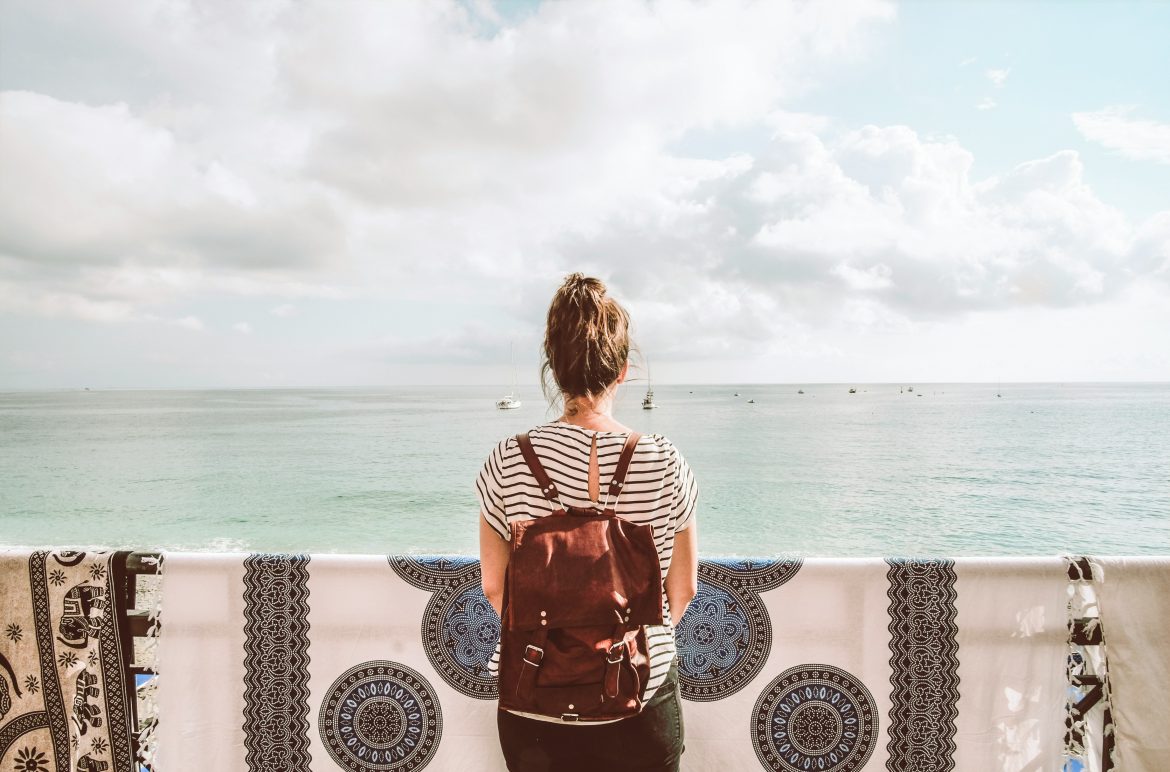Deciding where you’re going and when you’ll get there is the exciting part of planning for your travels. Equally as important, though, is budgeting to be able to afford a great getaway, without breaking the bank in the process.
Travelling is generally expensive, but there are ways to cut costs. Here are some top tips for saving money when travelling:
1. Use a VPN when booking flights
You’ve decided on your destination, and you’ve got an idea of when you’ll be travelling, and where you will be staying. Your next move will likely be to book for your flight. Our top tip for saving money on air travel is to use a VPN when browsing to find the best deals.
A VPN will conceal your location and browsing history from flight comparison websites. These sites often track your location using cookies, IP address, mobile tracking, HTML5 code, and Wi-Fi, adjusting prices accordingly. By browsing from a lower-income country or setting your IP to the airline’s country, significant price discrepancies can be expected.
Check out the various VPNs available to you here (heads up, they usually come with a subscription fee).

Unsplash / Mohamed Masaau
2. Take advantage of the off-season
Traveling during off-peak seasons can benefit you in several ways. By avoiding tourist-heavy months, you can secure cheaper hotel rates and flights. You’ll also probably encounter fewer crowds and shorter waits at popular attractions, which is always a win.
3. Skip on the hotel stay
When it’s feasible to do so, opt out of staying at hotels. For larger groups or extended stays, consider apartment rentals instead. Although they may entail a deposit, they often offer significant savings compared to extended stays at hotels.
Alternatively, for shorter stays or smaller groups, explore Airbnb options, which typically cost a fraction of hotel rates.
Skipping out on hotels for more rustic, local stays will offer a unique window through which to experience the journey, and it can save you thousands on accommodation.

Unsplash / Ibrahim Rifath
4. Don’t rent a car
Before traveling, research public transportation options available at your destination instead of renting a car (unless it’s absolutely necessary).
Relying on public transit will save you on costs, and it’s more sustainable than renting a vehicle. Just make sure to familiarise yourself with the transportation systems beforehand, so you can best plan how to optimise your time exploring your destination, without feeling lost or dependent on unfamiliar modes of travel when you’re there.
5. Rent out your home
Sounds a little daunting, but it can be lucrative. If you consider renting out your residence while you are away, it can help cover your travel expenses and may even bring you a bit of profit. Look at sites like Airbnb and Booking.com for listing your home online.
ALSO SEE:
Feature Image: Unsplash / Cristina Gottardi

